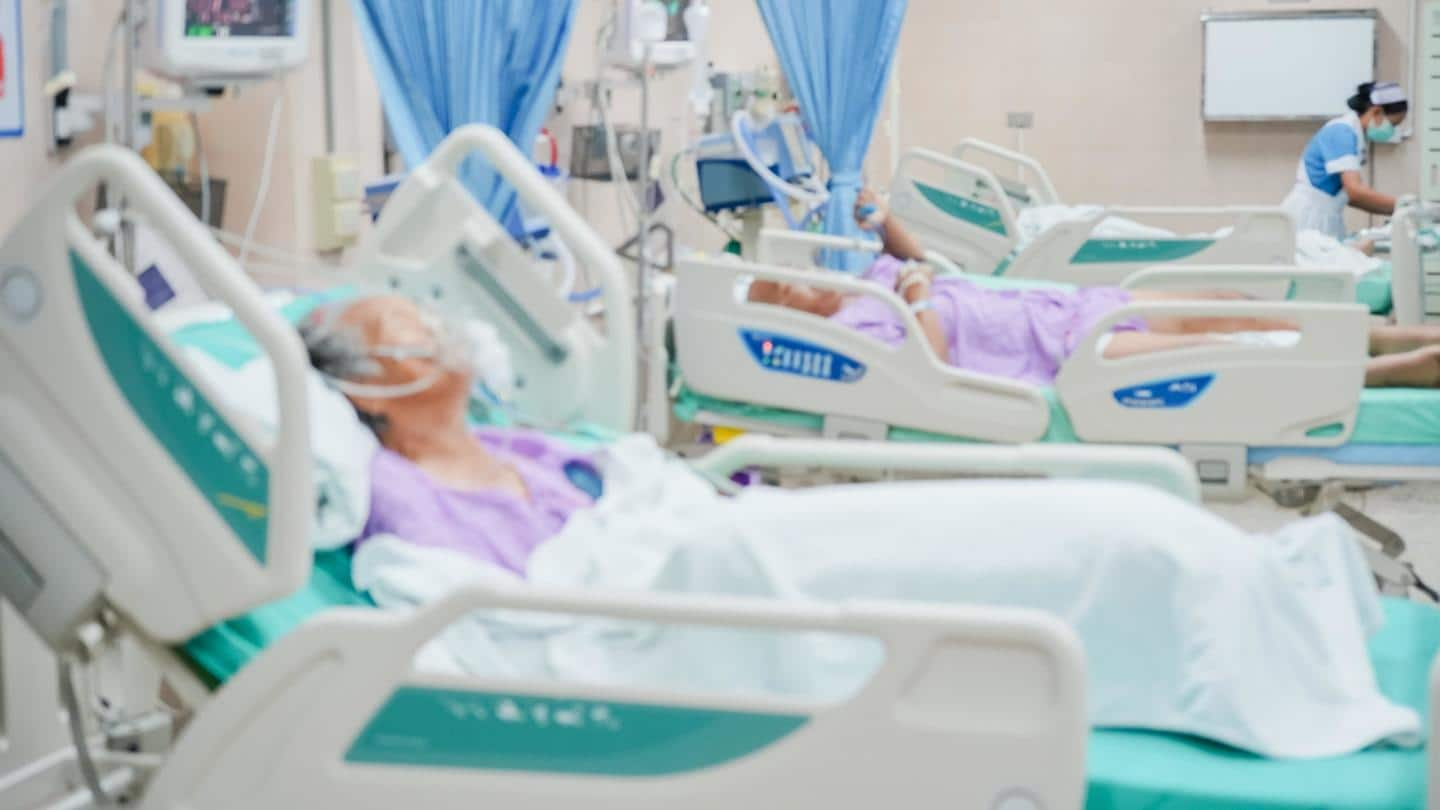
Gastrointestinal symptoms like diarrhea, nausea, vomiting prevalent in COVID-19 patients
What's the story
An ongoing study by a team at the Post Graduate Institute of Medical Education & Research (PGIMER), Chandigarh showed that gastrointestinal (GI) manifestations are prevalent in 27% of the COVID-19 patients sampled.
The study is being conducted on 222 patients admitted to the institute in the past three months. It found that 60 of the participants had at least one GI-related symptom.
Here's more.
The study
Understanding affect of COVID-19 on GI tract, liver, pancreas
The study focuses on understanding the impact of the novel coronavirus disease on the GI tract, liver, and pancreas.
PGIMER's Head of Department of Gastroenterology, Professor Rakesh Kochhar, said, "While the virus was initially thought to be a respiratory pathogen, the extra-pulmonary effects of the virus and the mode of transmission have gained limelight, and we wanted to understand this further."
Symptoms
13.5% participants only had GI manifestations, without respiratory symptoms
Among the various GI-related symptoms being experienced by those infected by the novel coronavirus include diarrhea, nausea, vomiting, loss of appetite, pain in abdomen, abdominal discomfort, and loss of taste and smell.
Also, 46 of the aforementioned 60 participants had GI symptoms along with several other symptoms. The study showed that 13.5% of the patients only showed GI manifestations and had no respiratory symptoms.
Findings
Diarrhea most common GI symptom among the participants
The study is being conducted by Dr. Seerat under the guidance of Dr. Jayanta Samanta, Dr. Ashish Bhalla, and Dr. Kochhar, reported TheIndianExpress.
Diarrhea (30.2%) was the most common GI manifestation among the participants, closely followed by the loss of appetite and loss of taste (26.6%).
Pre-existing GI-related diseases like chronic liver disease, pancreatitis, and liver abscess were seen in 19 patients (7.7%).
Quote
People may suffer from GI symptoms instead of common symptoms
"The study strives to bring forward the point that people may not have common symptoms like sore throat, cough, cold, body ache, etc., and instead may suffer from GI symptoms if they have coronavirus, as the investigation indicates," says Dr. Kochhar.
Patients
Medicines used for treating COVID-19 may also induce GI symptoms
It was found that GI manifestations were higher in participants with a more severe COVID-19 infection than in those with mild infection.
Moreover, those having GI symptoms had higher chances of getting admitted to the ICU, while patients who didn't survive had a higher tendency of having concomitant GI symptoms.
Dr. Kocchar also said that medicines for COVID-19 treatment may also induce GI symptoms.
Statement
Observing patients to see whether GI symptoms resolve or resist
Dr. Kocchar said, "Patients who had GI symptoms or severe disease had higher chances of increased amylase/lipase levels (markers of pancreatic injury)."
Under the ongoing study, patients are being observed to see whether GI symptoms "resolve or resist."
"We've framed a questionnaire...to understand how three months after discharge if...patients are facing any symptoms and if the quality of life has been affected," he added.